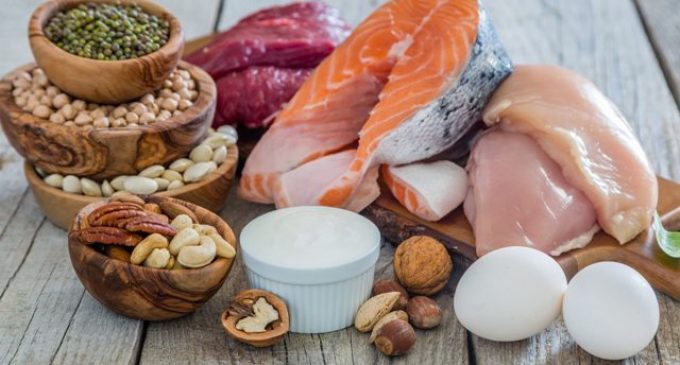Plant Power, Clean Labels and Personalisation Drive Segmentation of Sports Nutrition

Global launches of sports nutrition products more than doubled between 2015 and 2019 and suppliers are now segmenting their offerings to meet the varied needs and interests of customers. There are three particularly strong development trends at present: the provision of plant-powered products; clean label innovation; and greater personalisation.
Demand for plant-based foods is expanding in all areas of food and drink with sports nutrition quickly catching on to the trend. For example, sports bars are using more nuts, fruits, vegetables and other botanical ingredients, and even in more specialist sports protein categories, plant-powered products are emerging. Pea protein (used in 32% of plant based launches in 2019) and rice protein (21%) are particularly popular ingredients, but there is still room for alternatives, with ongoing experimentation with more unusual options such as fava bean, microalgae and pumpkin seed proteins.
Sports nutrition came to the clean label party a little later than many areas of food and drink but is now increasingly focused on this issue. Around a third of launches in 2019 carried clean label claims, up from just 20% in 2015. No additives/preservatives claims are also particularly important, having doubled penetration over the same period.
Younger consumers are still the primary audience for sports nutrition products, and with Gen Z and Millennials expressing great interest in products that meet their individual needs or tastes, it is no surprise to see further segmentation of the sports category. Products geared towards pre- and post-workout needs are already well established but classic benefits related to performance, endurance and energy have now been joined by newer diet trends, eg Keto, while ingredients for alternative needs are also emerging, eg CBD, adaptogens and nootropics.

































